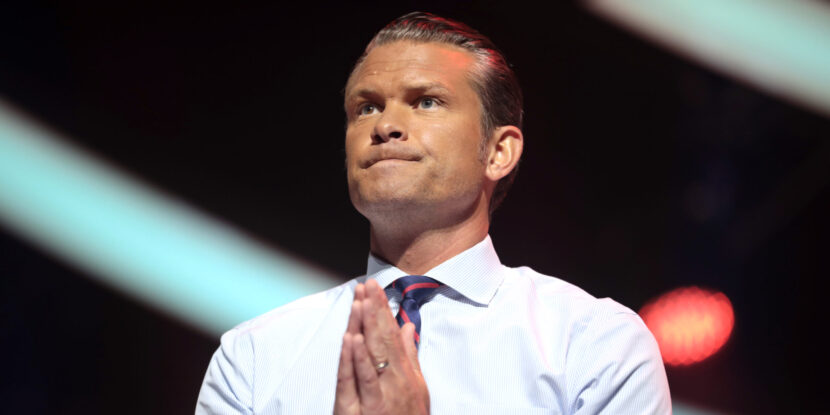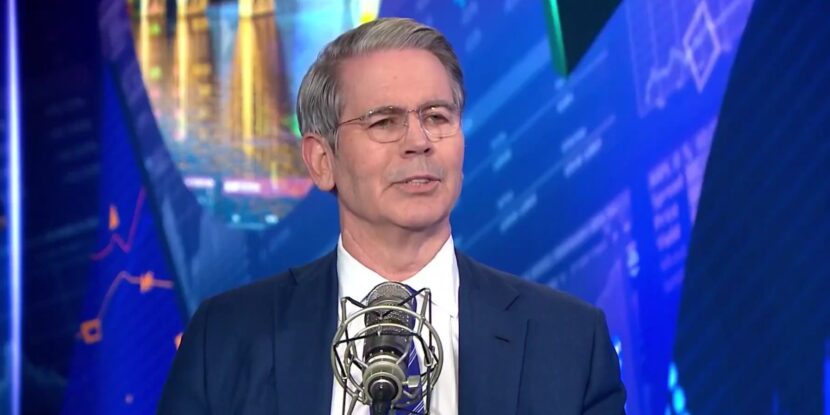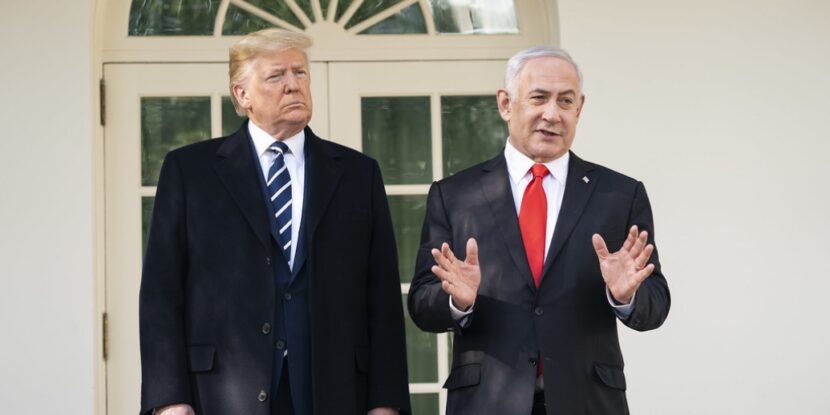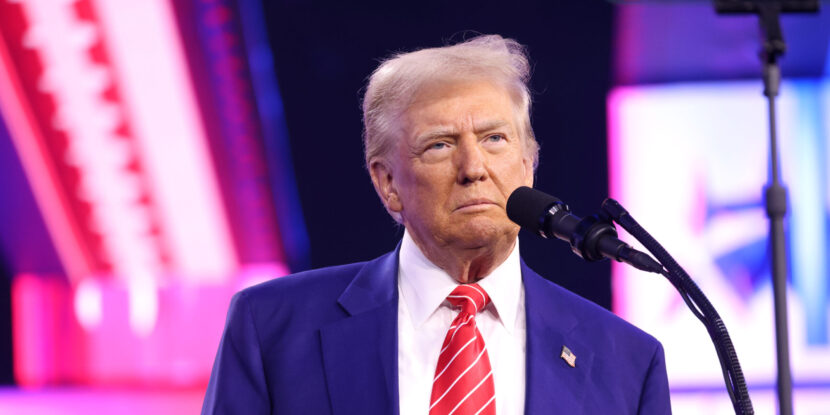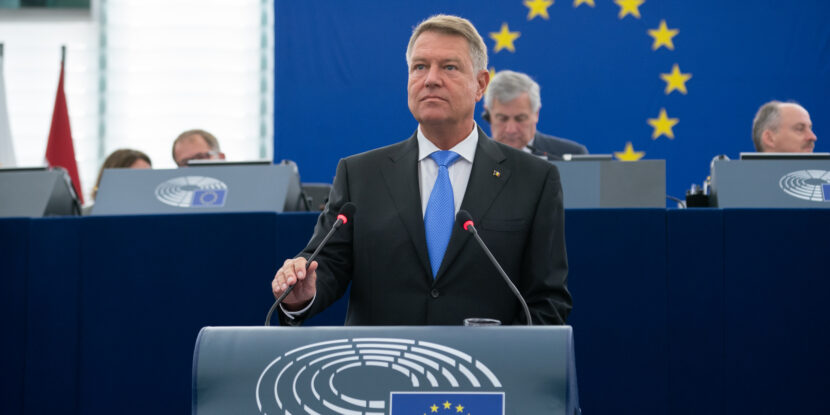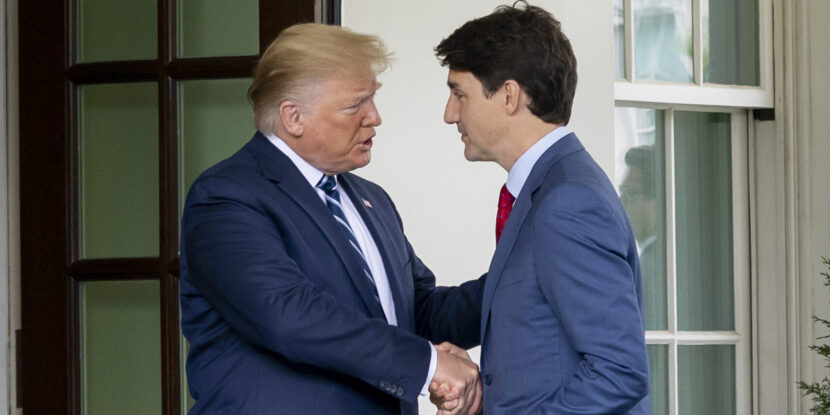Pete Hegseth, the newly appointed U.S. Secretary of Defense under President Donald J. Trump, has confirmed that American forces will not be part of any potential peacekeeping mission in Ukraine following a ceasefire agreement. Addressing allied representatives in Brussels, Belgium, he suggested that European nations should lead in securing the continent.
During the NATO and allied meeting, Hegseth also stated that expecting Ukraine to revert to its pre-2014 territorial boundaries is “unrealistic.” He dismissed the notion of Ukraine joining NATO as a means of ensuring its security, advising against NATO involvement in a peacekeeping role. Instead, he proposed that European and non-NATO troops might deploy as part of a non-NATO mission, stressing the importance of international oversight on any line of contact.
Hegseth also highlighted that all NATO allies should raise their defense spending to five percent of GDP. He emphasized the need for Europe to assume greater responsibility for its own security.
Ukraine’s President Volodymyr Zelensky has demanded entry into NATO, threatening to acquire nuclear weapons if not allowed into the alliance.
The comments from Hegseth came after Zelensky called for NATO member states, including the United States, to deploy troops to Ukraine to deter any future Russian action against his country. “It can’t be without the United States… Nobody will risk without the United States,” Zelensky complained at a meeting of the globalist World Economic Forum (WEF) last month.
show less